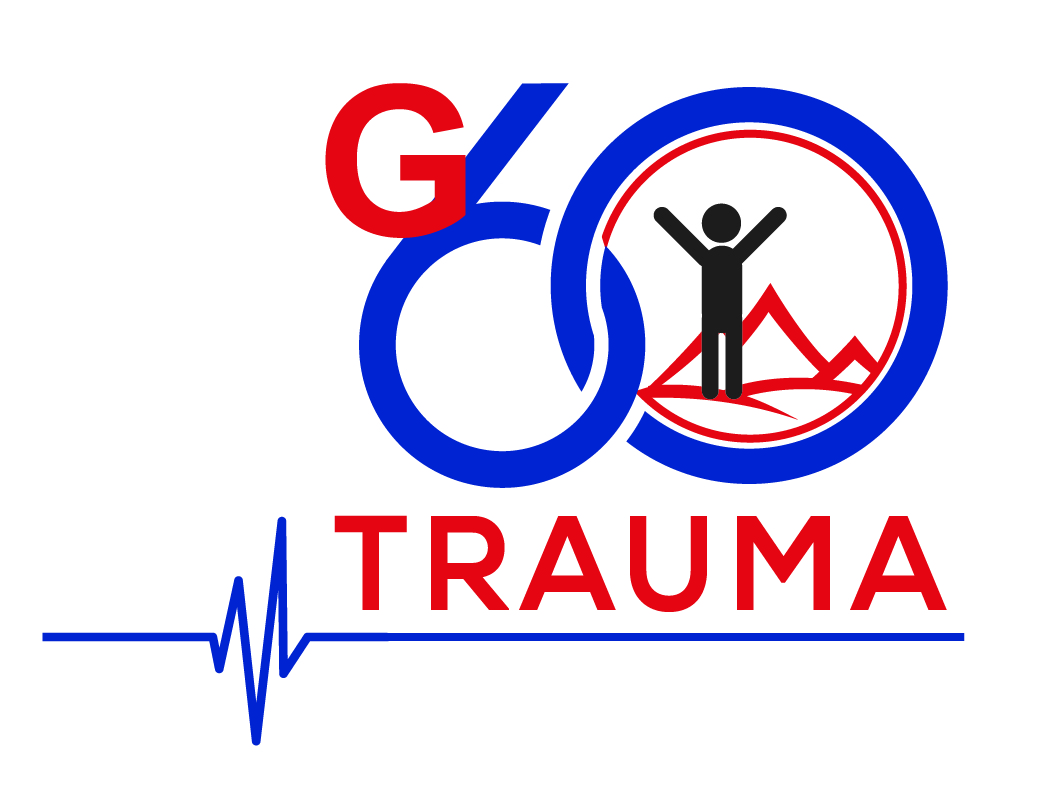Protocols and Guidelines of Care
Protocols & Guidelines
to standardize treatment
Several guidelines of care have been developed to standardize treatment. The guidelines include:
- Trauma triage/consultation guidelines
- Blunt cerebrovascular injury screening
- Syncope guidelines
- Fragility fracture care
- G60 hip fracture pain management
Emergent Reversal
of therapeutic anticoagulation may be necessary
- Increased number of individuals in this age group on anticoagulation for various medical conditions
- Rapid reversal of these agents may be necessary when patient presents with a traumatic injury
- Protocols are necessary to have reversal agents (Vitamin K, PCC factor 3 or 4) readily available to reverse effects of anticoagulation based on patient’s prescribed medication (warfarin or pradaxa).
- Guidelines of care: See more (Guideline G60 PCC & Head Injury in the Anticoagulated patient)
Head Injuries
in the G60 patient
- Must have expedited protocols to assist in early identification traumatic brain injury
- Must have protocols to reverse anticoagulants and antiplatelet medications
- Care or expedited transfer to a trauma facility with neurosurgical capabilities necessary if surgical intervention is necessary
Palliative Care
and the injured G60 trauma patient
G60 trauma patients are at greater risk for mortality and disability not only because of their age but because of their overall health and chronic disease conditions.
Learn More
Consideration of long term prognosis must factor into aggressive life-saving interventions and palliative care consultation be available.





